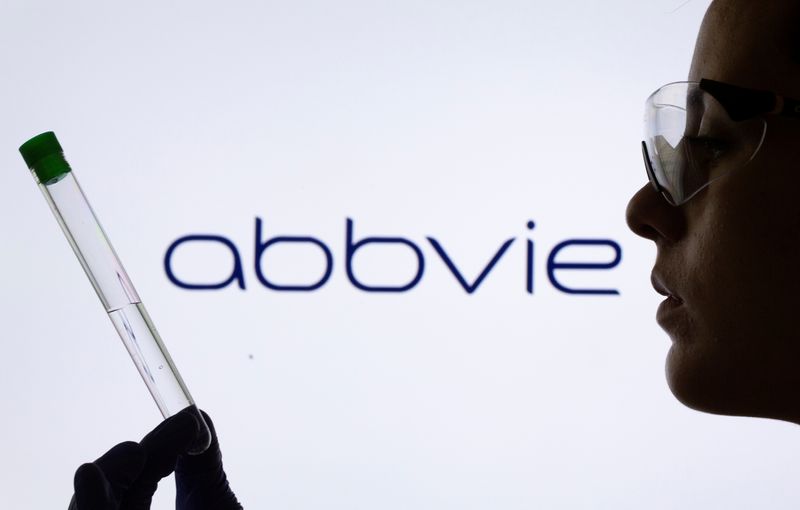AbbVie (NYSE: NYSE:ABBV) today announced that its Phase 3 TEMPO-2 trial of tavapadon, a treatment for early Parkinson's disease, met its primary and key secondary endpoints. Tavapadon, a novel D1/D5 partial agonist, is under investigation as a once-daily oral therapy.
The trial demonstrated that patients taking a flexible dose of tavapadon experienced a significant improvement in motor function compared to those receiving a placebo. The primary endpoint was a change in the Movement Disorder Society - Unified Parkinson's Disease Rating Scale (MDS-UPDRS) Parts II and III combined score at week 26, with the tavapadon group showing a -10.3 change versus -1.2 in the placebo group (p-value <0.0001).
Additionally, the study met its key secondary endpoint, indicating a meaningful improvement in motor aspects of experiences of daily living (MDS-UPDRS Part II) for patients treated with tavapadon.
Senior Vice President at AbbVie, Primal Kaur, M.D., MBA, expressed the company's intention to work with regulatory agencies on the next steps towards making tavapadon available for those with Parkinson's disease, emphasizing the potential of tavapadon as a first-in-class treatment.
The safety profile of tavapadon in the TEMPO-2 trial was consistent with previous clinical trials, with most adverse events being mild to moderate in severity.
Global principal investigator Hubert H. Fernandez, M.D., highlighted the significant burden of Parkinson's disease on individuals and the ongoing need for effective treatments with fewer side effects. He pointed to the TEMPO clinical development program's accumulating evidence that tavapadon could be an important new treatment option for Parkinson's disease patients.
This news is based on a press release statement from AbbVie, and the results of the TEMPO-2 trial add to the scientific community's understanding of Parkinson's disease management.
This article was generated with the support of AI and reviewed by an editor. For more information see our T&C.
